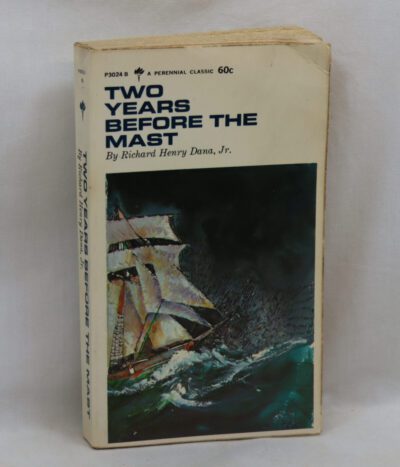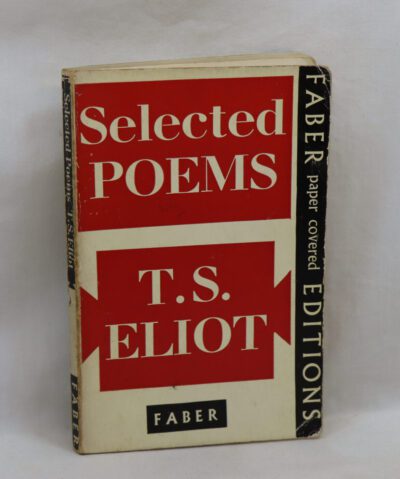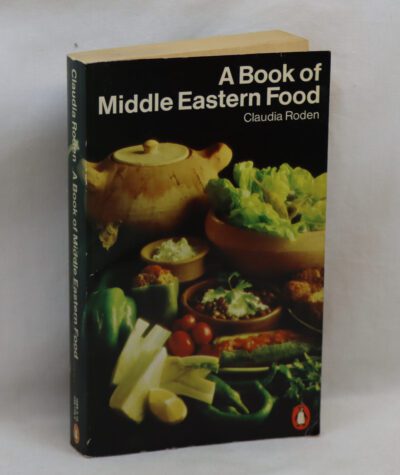Cicero. The Speeches. (Watts translation).
By Cicero.
Printed: 1965
Publisher: William Heinemann. London
Language: English, Latin
Size (cminches): 12 x 17 x 2
Condition: Fine (See explanation of ratings)
Item information
Description
Red cloth binding with gilt title on the spine. Ex library.
- We provide an in-depth photographic presentation of this item to stimulate your feeling and touch. More traditional book descriptions are immediately available
Note: This book carries a £5.00 discount to those that subscribe to the F.B.A. mailing list
Good. No Jacket. A good copy in a Red cloth cover. Tight binding. Clean interior.
The Loeb Classical Library (LCL; named after James Loeb; German: is a series of books originally published by Heinemann in London, but is currently published by Harvard University Press. The library contains important works of ancient Greek and Latin literature designed to make the text accessible to the broadest possible audience by presenting the original Greek or Latin text on each left-hand page, and a fairly literal translation on the facing page. Note: Greek (green) and Latin (red) volumes of the Loeb Classical Library.
Marcus Tullius Cicero 3 January 106 BC – 7 December 43 BC) was a Roman statesman, lawyer, scholar, philosopher, writer and Academic skeptic, who tried to uphold optimate principles during the political crises that led to the establishment of the Roman Empire. His extensive writings include treatises on rhetoric, philosophy and politics. He is considered one of Rome’s greatest orators and prose stylists and the innovator of what became known as “Ciceronian rhetoric”. Cicero was educated in Rome and in Greece. He came from a wealthy municipal family of the Roman equestrian order, and served as consul in 63 BC.
He greatly influenced both ancient and modern reception of the Latin language. A substantial percentage of his work has survived, and he was admired by both ancient and modern authors alike. Cicero adapted the arguments of the chief schools of Hellenistic philosophy in Latin and created a large amount of Latin philosophical vocabulary via lexical innovation (e.g. neologisms such as evidentia, generator, humanitas, infinitio, qualitas, quantitas), almost 150 of which were the result of translating Greek philosophical terms.
Though he was an accomplished orator and successful lawyer, Cicero believed his political career was his most important achievement. It was during his consulship that the Catiline conspiracy attempted to overthrow the government through an attack on the city by outside forces, and Cicero (by his own account) suppressed the revolt by summarily and controversially executing five conspirators without trial, an act which would later lead to his exile. During the chaotic middle period of the first century BC, marked by civil wars and the dictatorship of Julius Caesar, Cicero was a supporter of the Optimates faction. Following Caesar’s death, Cicero became an enemy of Mark Antony in the ensuing power struggle, attacking him in a series of speeches. He was proscribed as an enemy of the state by the Second Triumvirate and consequently executed by soldiers operating on their behalf in 43 BC, having been intercepted during an attempted flight from the Italian peninsula. His severed hands and head (taken by order of Antony and displayed representing the repercussions of his anti-Antonian actions as a writer and as an orator, respectively) were then displayed on the Rostra.
Petrarch’s rediscovery of Cicero’s letters is often credited for initiating the 14th-century Renaissance in public affairs, humanism, and classical Roman culture. According to Polish historian Tadeusz Zieliński, “the Renaissance was above all things a revival of Cicero, and only after him and through him the rest of Classical antiquity.” The peak of Cicero’s authority and prestige came during the 18th-century Enlightenment, and his impact on leading Enlightenment thinkers and political theorists such as John Locke, David Hume, Montesquieu, and Edmund Burke was substantial. His works rank among the most influential in global culture, and today still constitute one of the most important bodies of primary material for the writing and revision of Roman history, especially the last days of the Roman Republic.
Want to know more about this item?

Related products
Share this Page with a friend












